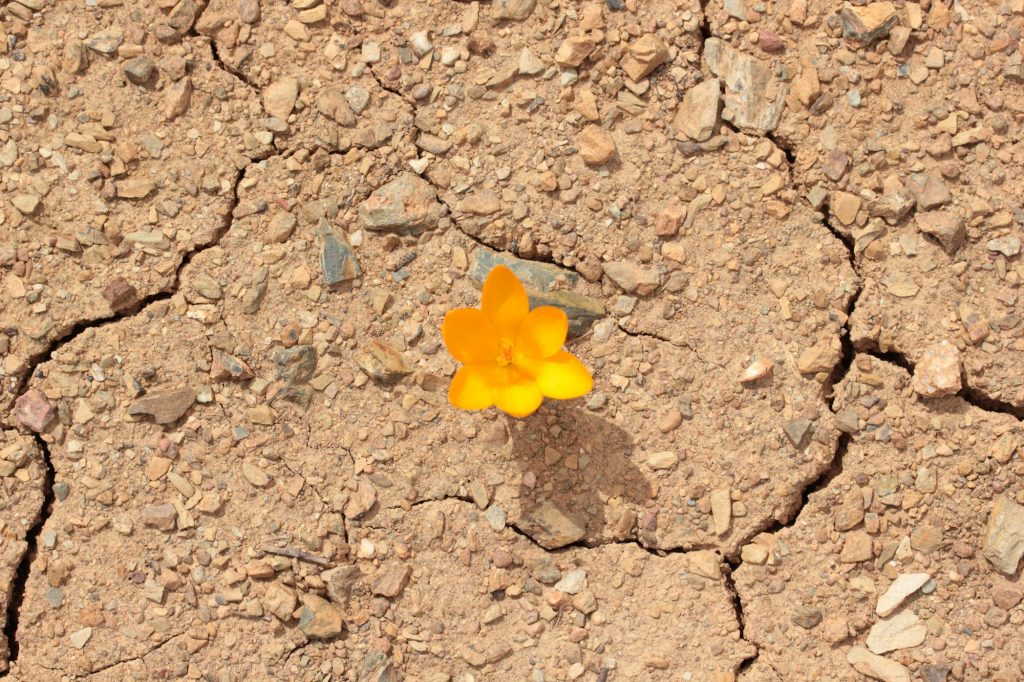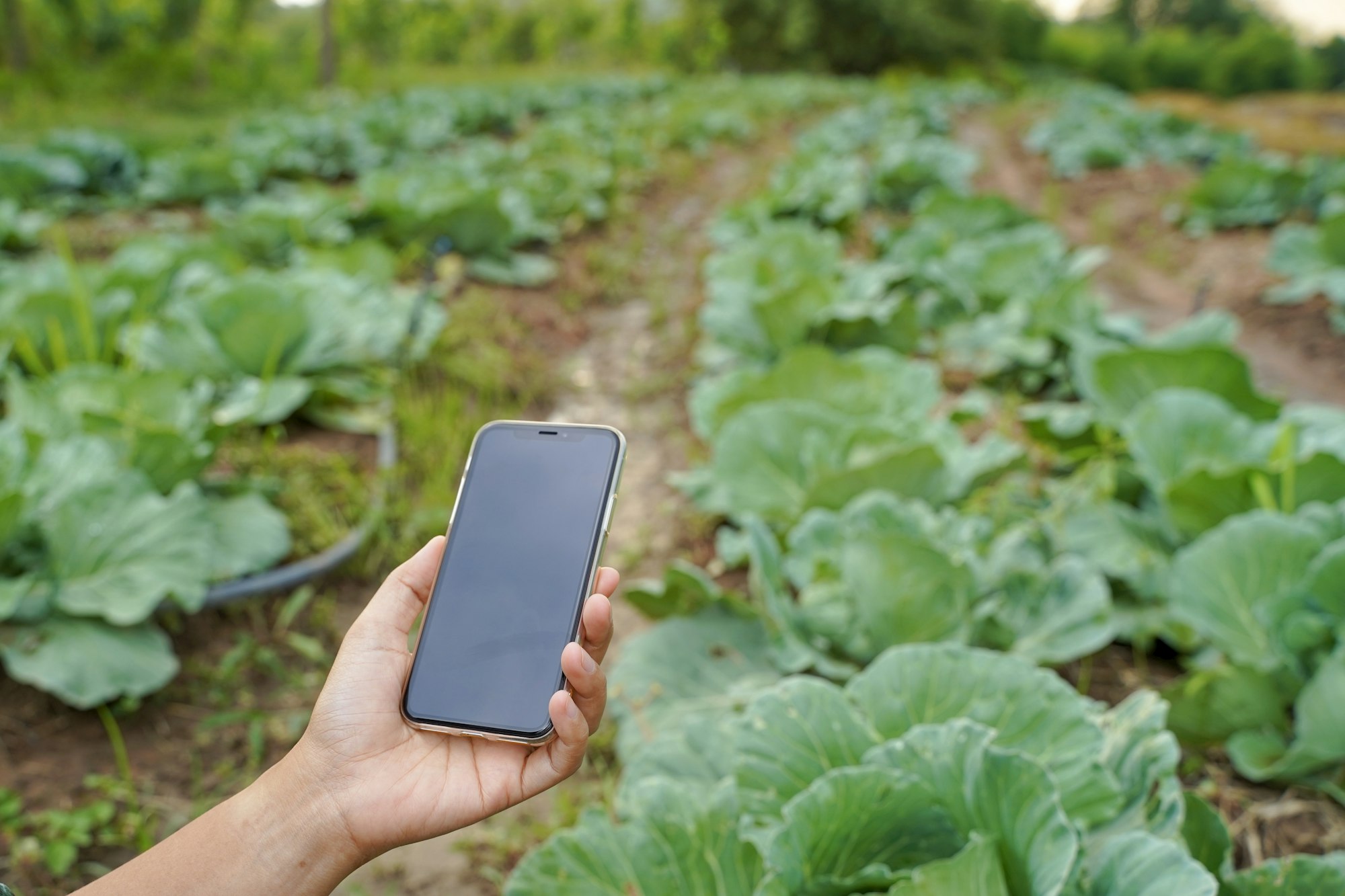Climate change poses significant challenges to global agriculture and food security, threatening to disrupt food production, increase food prices, and exacerbate hunger and malnutrition. Understanding the impacts of climate change on agriculture is essential for developing effective adaptation and mitigation strategies. Climate change affects agriculture in various ways, including changes in temperature and precipitation patterns, increased frequency and severity of extreme weather events, and shifts in pest and disease dynamics. These changes can lead to reduced crop yields, decreased livestock productivity, and increased vulnerability to food insecurity.
Smallholder farmers, particularly those in developing countries, are disproportionately affected by climate change, as they often lack access to resources and technologies to adapt to changing conditions. However, investments in climate-smart agriculture, such as drought-resistant crops, water-saving irrigation systems, and weather-indexed insurance, can help farmers build resilience and mitigate the impacts of climate change.
Climate change poses significant challenges to global agriculture and food security, but proactive measures can help build resilience and ensure food security for future generations. By investing in climate-smart agriculture, promoting sustainable land management practices, and reducing greenhouse gas emissions, we can work towards a more resilient and sustainable food system.

